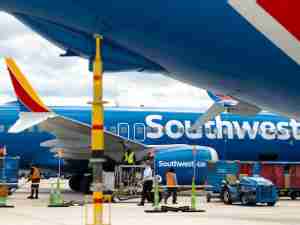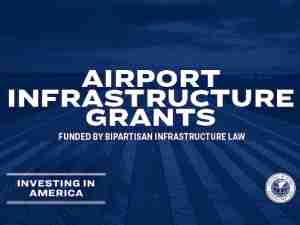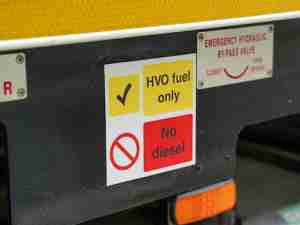Britain will allow London Heathrow airport to lift its charges by as much as 56%, stoking a clash with airlines who warned that higher fares will stifle a recovery at Europe’s busiest airport.
The announcement Tuesday by the U.K. Civil Aviation Authority sets up months of high-stakes lobbying before a final decision early next year. The hike could prove to be more modest—as little as 11%—depending on how fast traffic rebounds from the coronavirus slump now in its second year.
Heathrow has been at loggerheads with airlines after seeking to raise 2020 charges by as much as 95% to fund costs and investment. Willie Walsh, head of the International Air Transport Association and a former chief of British Airways owner IAG SA, has branded the airport a “greedy monopoly” and said its owners must accept some of the pain.
“We need a strong regulator to clamp down on what is blatant gouging,” said Tim Alderslade, CEO of industry group Airlines UK. “How on earth can it be in the interests of consumers to ramp up charges by as much as 50%?”
The hub will be allowed to lift fees to somewhere in a range of 24.50 pounds ($33.77) to 34.40 pounds per passenger over a five-year period starting next summer, according to the CAA, which says the 2020 charge was 22 pounds. Any hike is likely to be passed on to passengers as higher fares.
Airlines called on regulators to lighten the burden on passengers.
The proposals are “unacceptable” and arrive “just as international travel international travel resumes at scale,” Virgin Atlantic Airways Ltd. Chief Executive Officer Shai Weiss said in an email. IAG counterpart Luis Gallego pointed out that Heathrow is already the world’s costliest hub and that the charges will further hurt competitiveness.
IAG shares traded 4.7% lower as of 12:42 p.m. in London, while EasyJet Plc slid 1.3% and Air France-KLM declined 2.8% in Paris. Travel stocks are also suffering from concern about a coronavirus mutation in the U.K. known as delta plus.
Tracking Demand
Heathrow said that while the CAA must protect consumers against excessive travel costs, it should not “shield airlines” from legitimate increases. The hub said it will discuss the proposals in detail with the regulator and carriers.
CAA CEO Richard Moriarty said a final decision on fees will be based on traffic numbers as markets such as the trans-Atlantic reopen. Demand at Heathrow is expected to match 2019 levels in three years.
The regulator is introducing a new five-year control period rather than waiting for the recovery because both Heathrow and its airlines say they need certainty over charges, Moriarty said in an interview.
The CAA also proposed:
- A risk-sharing mechanism to prevent either the airport or consumers bearing all risk tied to the uncertain return of passenger traffic.
- An interim price cap for 2022 to prevent any “undue” increase in airport charges while the full proposals are finalized.









